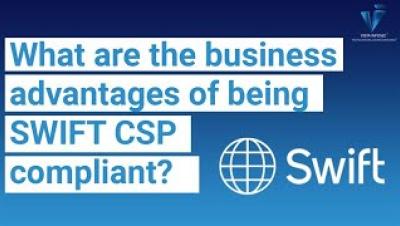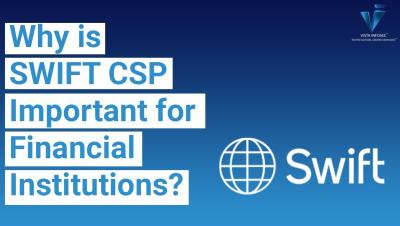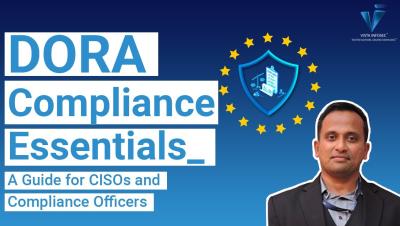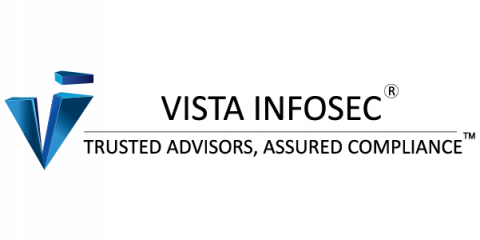DORA vs GDPR: Aligning Compliance in a Data-Driven World
The Digital Operational Resilience Act (DORA) and the General Data Protection Regulation (GDPR) are two crucial compliance frameworks shaping the regulatory landscape. While GDPR focuses on data protection and privacy, DORA aims to strengthen the cybersecurity resilience of financial institutions. In this video, we break down: Key differences between DORA and GDPR How financial institutions can align with both frameworks Impact of non-compliance on DORA and GDPR Common Goals and Requirements of DORA and GDPR.











